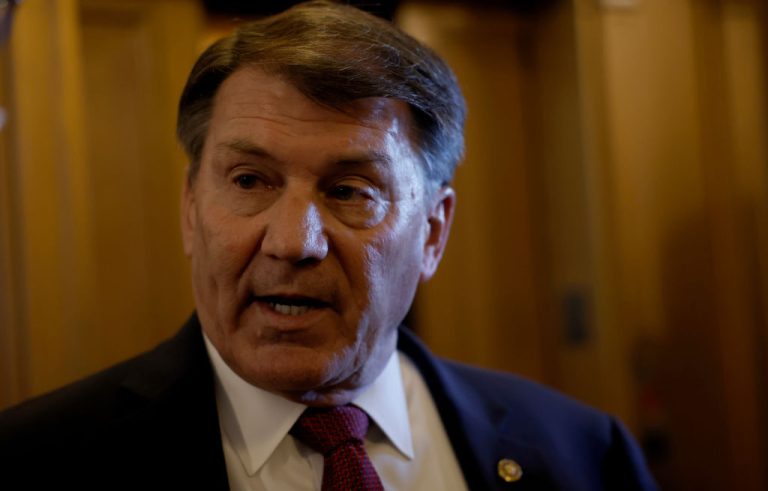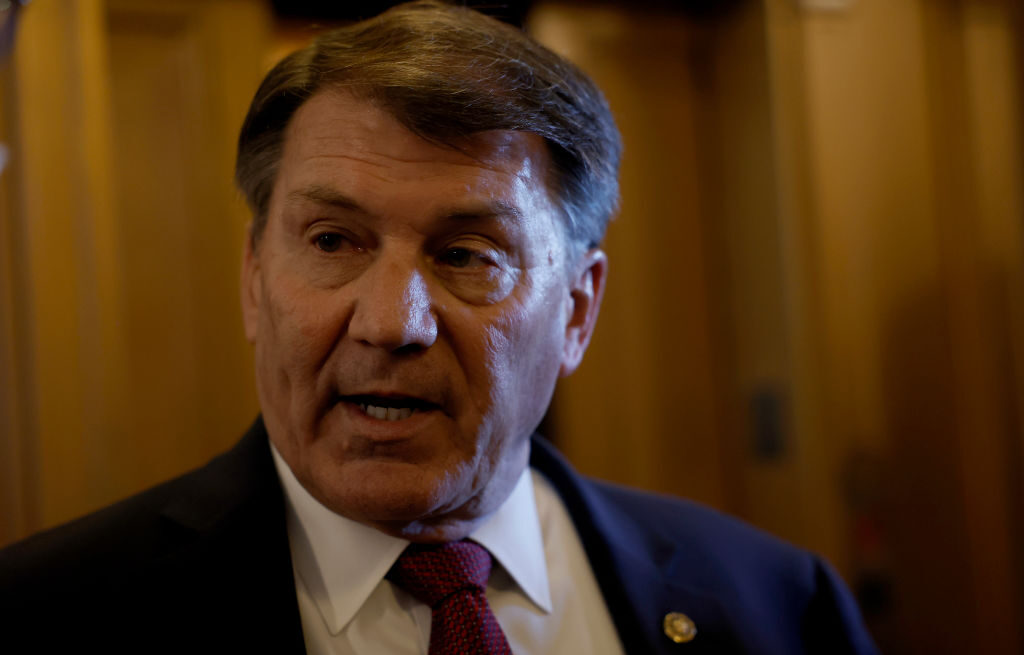WASHINGTON, D.C. – If President Joe Biden and House Republicans can’t agree to lift the debt ceiling, senior citizens and soldiers could be among the first to feel the impact.
The U.S. Treasury Department says if it can’t borrow more money, it won’t be able to pay the nation’s bills as soon as June 1.
Negotiations are focused on finding agreement on a 2024 budget year limit. Republicans have set aside their demand to roll back spending to 2022 levels, but say that next year’s government spending must be less than it is now. But the White House instead offered to freeze spending at current 2023 numbers.
The White House has continued to argue that deficits can be reduced by ending tax breaks for wealthier households and some corporations, but Republican House Speaker Kevin McCarthy said he told the president at their February meeting that raising revenue through tax increases to the wealthy is off the table.
The Republicans – breaking a tradition in Congress of budget cap parity – would shift the bulk of spending reductions to non-defense programs. Those include a wide array of public services that the federal government provides and that people and communities depend on, including public health; food safety inspections; air traffic control operations; the administration of Me Medicare and Social Security; housing and other assistance for families with low incomes; education and job training; and scientific and medical research, to name just a few.
The House Republican’s proposal to cut a broad range of critical programs by 22% would also threaten critical non-defense discretionary accounts for military members, veterans, and federal workers. Nondefense discretionary spending funds an array of federal activities in areas such as education, transportation, income security, veterans’ health care, and homeland security.
The batch of Social Security payments scheduled to be sent out on June 2 goes to the oldest and most vulnerable recipients. People who enrolled more recently get their payments later in the month.
About 40% of recipients rely almost entirely on Social Security payments for food, housing and essentials.
Federal workers and military members’ paychecks could be impacted as well.
It is unknown how the Treasury Department would prioritize payments.












